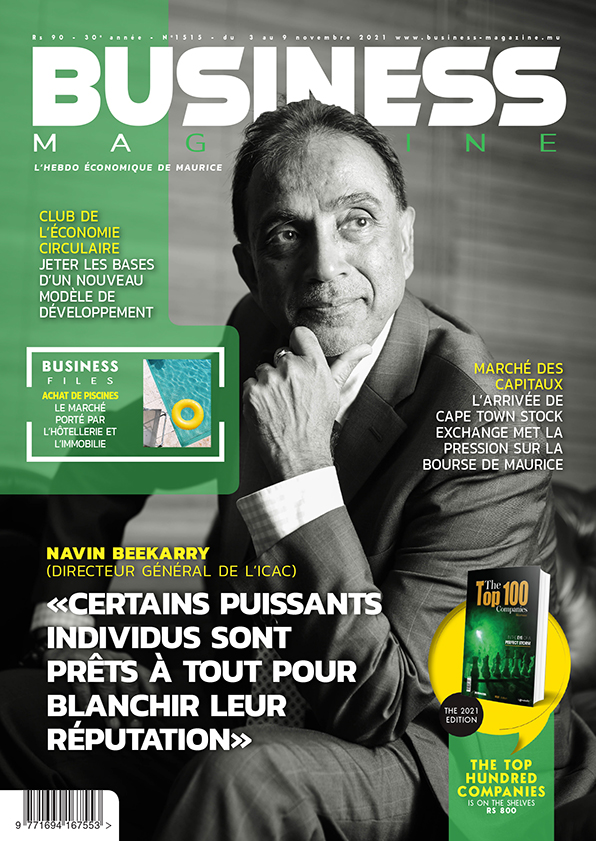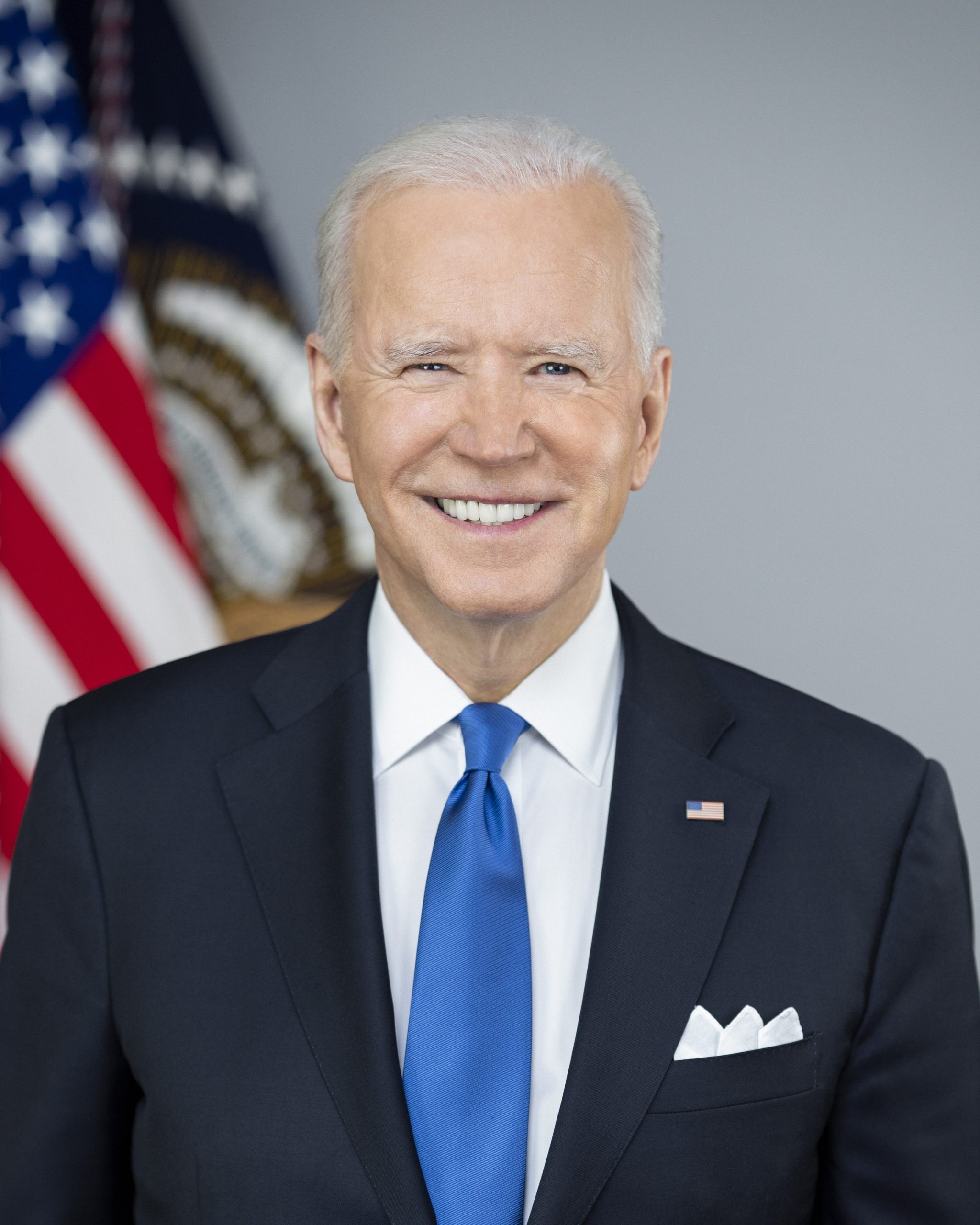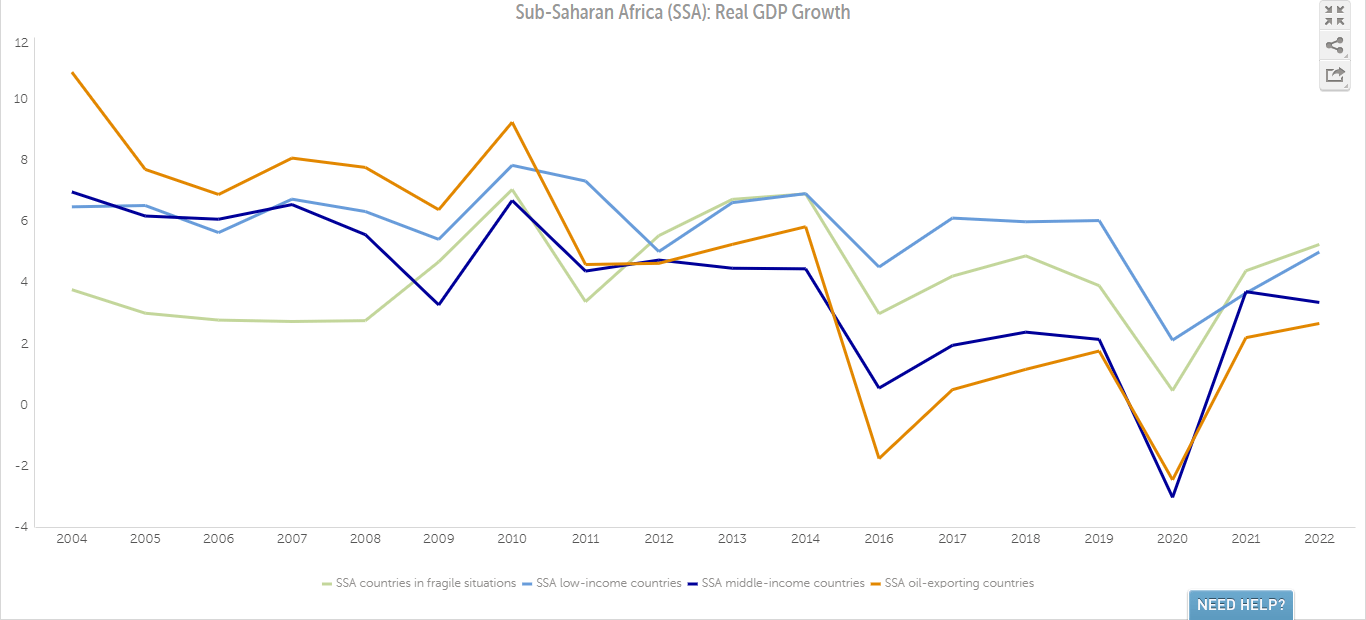Indo-Mauritian relationship : Going beyond the tax spectrum
Share

The Indo-Mauritian relationship has been the talk of the town in 2016 with the revision, after years of negotiation, of the tax treaty the two countries share. The business community is now in wait-and-see mode until the entry into force of the new tax regime on April 1, 2017.
Things could have been done differently – this is the general business sentiment echoed by many businessmen and economic observers, local and international, on the way Mauritius proceeded with the revision of its Double Tax Avoidance Agreement (DTAA) with India.
The direct impact summarized in one line is as follows: India shall now tax capital gains arising from alienation of shares by a Mauritius investor acquired on or after April 1, 2017 in a company resident in India, whereas share investments before April 1, 2017 shall be grandfathered and shall not be subject to the amended regime.
The revision of the Indo-Mauritian tax treaty will be impacting on the India-Singapore DTAA as well. As highlighted by a document by law firm Duane Morris LLP, on account of a provision in the India-Singapore DTAA, the benefits in respect of capital gains arising to Singapore residents from the sale of shares of an Indian company shall remain in force only so long as the analogous provisions under the India-Mauritius DTAA continue to provide the benefit. Therefore, benefits available in respect of capital gains under the India-Singapore DTAA shall fall away after 1st April 2017, with no certainty on whether pre-1 April 2017 investments would be grandfathered.
The DTAA between India and Singapore concluded on 24th January, 1994 provided that the gains derived by a resident of Singapore from alienation of shares of an Indian company would be taxable in India too. Subsequently, to attract more investments from Singapore, the DTAA with Singapore was amended on 29th June, 2005 to ascertain that the gains derived by a resident of Singapore from alienation of shares of an Indian company would be taxable only in Singapore. The protocol however provided that the benefit extended by India to investments from Singapore would be so only till the time similar benefit is extended by India to Mauritius.
Singapore vs Mauritius: Mauritius still wins
The relevant provision of this Protocol reads as under Articles 1, 2, 3 and 5 shall remain in force so long as any Convention or Agreement for the Avoidance of Double Taxation between the government of the Republic of India and the government of Mauritius provides that any gains from the alienation of shares in any company which is a resident of a contracting State shall be taxable only in the contracting State in which the alienator is a resident.
Now, with the DTAA with Mauritius being amended with effect from 1st April, 2017, there is possibility to contend that the Protocol between India and Singapore dated 29th June, 2005 would become inapplicable and the provisions of the DTAA signed on 24th January, 1994 would get revived, points out law firm Lakshmikumaran & Sridharan. In any case, it is understood that India is renegotiating its pact with Singapore to bring the taxing rights amongst the countries as originally agreed in 1994.
Even assuming that the 1994 Singapore DTAA is retrieved, Mauritius would still stand a bar above Singapore for the following reasons: the gains derived by a resident of Mauritius from the transfer of shares of an Indian company would be taxable in India only if the shares were acquired after 1st April, 2017. In other words, transfer of any shares of an Indian company acquired by a resident of Mauritius on or before 31st March, 2017 would not be subject to tax even if the transfer is executed after 1st April, 2017. On the other hand, transfer of shares of an Indian company by a resident of Singapore would be taxable in India if the transfer is executed on or after 1st April, 2017, irrespective of the date on which the shares were acquired. The reason being, the Protocol to DTAA between India and Mauritius provides for a window between 2017 and 2019 for a concessional tax rate of 50 per cent of the applicable tax rate. No such benefit is available under the Singapore DTAA.
Further, capital gains from transfer of movable property other than shares (and ships and aircrafts) by a resident of Mauritius would be taxable only in Mauritius, while such transfer by a resident of Singapore would be taxable in India too. The Limitation of Benefit clause in the DTAA with Mauritius is less stringent than the DTAA with Singapore.
Now that the DTAA between Mauritius and India is a done deal, Mauritius is looking to revive the Comprehensive Economic Cooperation and Partnership Agreement (CECPA) with India, as well as a Preferential Trade Agreement, as announced by Finance Minister Pravind Jugnauth while reading out the 2016-17 Budget speech. Ex-Foreign Affairs Minister Arvin Boolell is however advising caution on these negotiations in order to make sure the agreements encompass a variety of things and go beyond just a few select products such as textiles and rum.
Mauritius, single largest source of FDI into India in 2014-2015
India is Mauritius’ largest trading partner and has been the largest exporter of goods and services to Mauritius since 2007. In FY 2014-2015, India exported goods worth US$ 1.9 billion to Mauritius and imported goods worth US$ 21.19 million from Mauritius. India’s exports to Mauritius comprise largely petroleum products. A three-year agreement between the Mangalore Refinery and Petrochemicals Ltd (MRPL) and the State Trading Corporation of Mauritius for supply of all petroleum requirements of Mauritius was renewed in July 2013. Besides petroleum products, main items of India’s exports to Mauritius are pharmaceuticals, cereals, cotton, electrical machinery, apparel and clothing accessories. Main items of Mauritius’ exports to India are iron and steel, pearls, precious/semi-precious stones and optical, photographic and precision instruments.
Cumulative FDI equity inflows from Mauritius to India during the period April 2000-March 2015 amounted to US$ 87.55 billion (35 per cent of total FDI inflows over this period), thanks largely to the Double Taxation Avoidance Convention. Mauritius was the single largest source of FDI into India during the financial year 2014-15, with FDI equity inflows amounting to US$ 9.03 billion – 29 per cent of total inflows in 2014-15.
Eight Indian Public Sector Enterprises are currently operating in Mauritius. The Bank of Baroda (BoB), Life Insurance Corporation (LIC), and New India Assurance Company (NIAC) were the first to establish operations, followed by other Private Sector Units (PSUs) including India Handloom House, Telecommunications Consultant India Ltd (TCIL), IndianOil (Mauritius) Limited (IOML), Mahanagar Telephone (Mauritius) Ltd and State Bank of India (Mauritius) Ltd. Besides their core activities, the PSUs have contributed to various activities in Mauritius under the Corporate Social Responsibility (CSR) schemes.
Some high-visibility Indian-assisted projects in Mauritius include the Mahatma Gandhi Institute, the Upadhyay Training Centre, the Jawaharlal Nehru Hospital, the Subramania Bharati Eye Centre, the Rajiv Gandhi Science Centre and the Rabindranath Tagore Institute. Prestigious symbols of recent Indian assistance include the Cyber Tower at Ebène and the Swami Vivekananda International Conference Centre (SVICC).
The offshore patrol vessel Barracuda, built by an Indian shipyard under a Government of India line of credit, was commissioned into the Mauritian National Coast Guard during the visit of Prime Minister Shri Narendra Modi, in March 2015. India also provides extensive capacity building and training inputs to the Mauritian armed forces, besides carrying out regular joint patrolling/surveillance exercises and in the Mauritian EEZ. India has also provided assistance in the setting up of Mauritius’s National Hydrographic Unit.
Over the past forty years, India has extended several Lines of Credit to Mauritius to assist in the development of its infrastructure, human resource, skills development, capacity building, project appraisal, etc. In March 2015, a new line of credit of US$500 million for civilian infrastructure projects was announced by Prime Minister Shri Narendra Modi during his visit to Mauritius.
India ranked high in political relations
Diplomatic relations between India and Mauritius were established in 1948. Following Mauritius’ independence on March 12, 1968, the first Prime Minister Sir Seewoosagur Ramgoolam gave utmost priority to India in Mauritius’ foreign policy. Subsequently, successive Mauritian leaders ensured that India occupies a position of significance and importance in the foreign policy orientation and activities of Mauritius.
High-level visits have been one of the significant aspects of bilateral relations. Former Mauritian Prime Minister Navin Ramgoolam paid a four-day state visit to India on 6-12 February 2012. Five Memoranda of Understanding (MoU) were signed in areas of science and technology, education, sports and youth, textiles and for setting up of a hybrid planetarium at Rajiv Gandhi Science Centre. A new economic package comprising a Line of Credit (LOC) of US$ 250 million and a grant of US$ 20 million was announced.
Former Mauritian President Rajkeswur Purryag paid a state visit to India on 3-10 January 2013. He was the chief guest at the 11th Pravasi Bharatiya Divas Convention from 7-9 January 2013 in Kochi, where the Pravasi Bharatiya Samman was conferred on him. India President Pranab Mukherjee paid a state visit to Mauritius on 11-13 March 2013, during which he was the chief guest at the country’s 45th Independence Day celebrations. Three Memoranda of Understanding (MoU) relating to cooperation in the fields of health and medicine, persons with disabilities and senior citizens, and tourism were signed.
Former Prime Minister Navinchandra Ramgoolam was the only non-SAARC leader to be invited to witness the swearing in ceremony of the new government in New Delhi in May 2014. During his visit, Prime Minister Ramgoolam held wide-ranging discussions with his Indian counterpart on matters of mutual interest. Ramgoolam also called on Indian President Shri Pranab Mukherjee.
External Affairs Minister Sushma Swaraj visited Mauritius on 1-3 November 2014, to attend, as Chief Guest, the national level celebrations commemorating the 180th Anniversary of the arrival of Indian indentured labourers. Other elements of her visit included a civic reception, Reception on-board visiting Indian Naval Western Fleet Ships, a Business Meet organised by Board of Investment and Mauritian Chamber of Commerce and inauguration of International Conference on Indentured Labour Route at Mahatma Gandhi Institute.
Mauritius Vice-Prime Minister and Minister of Housing and Lands, Showkutally Soodhun, headed the Mauritian delegation to the 13th Pravasi Bharatiya Divas in Gandhinagar, Gujarat, on 7-9 January 2015, and had meetings with Indian Prime Minister Shri Narendra Modi, External Affairs Minister Smt Sushma Swaraj, and other senior Ministers. He also participated in the World Hindi Day celebrations in New Delhi on 10 January 2015.
Indian Prime Minister Shri Narendra Modi visited Mauritius on 11-13 March 2015, as Chief Guest at the Mauritian National Day celebrations. During his visit, Indian PM Modi commissioned the OPV Barracuda, built by an Indian shipyard and financed by a Government of India Line of Credit, into the Mauritian Coast Guard. He also launch the construction works of the World Hindi Secretariat and addressed a public gathering at a reception held in his honour. He also held wide-ranging discussions with former President Rajkeswur Purryag, Prime Minister Sir Anerood Jugnauth, and other senior Mauritian leaders. Five agreements in various areas of mutually-beneficial cooperation, including Ocean Economy and Traditional Systems of Medicine, were signed. A line of credit of US$ 500 million to finance civilian infrastructure projects was announced during the visit.
}]








